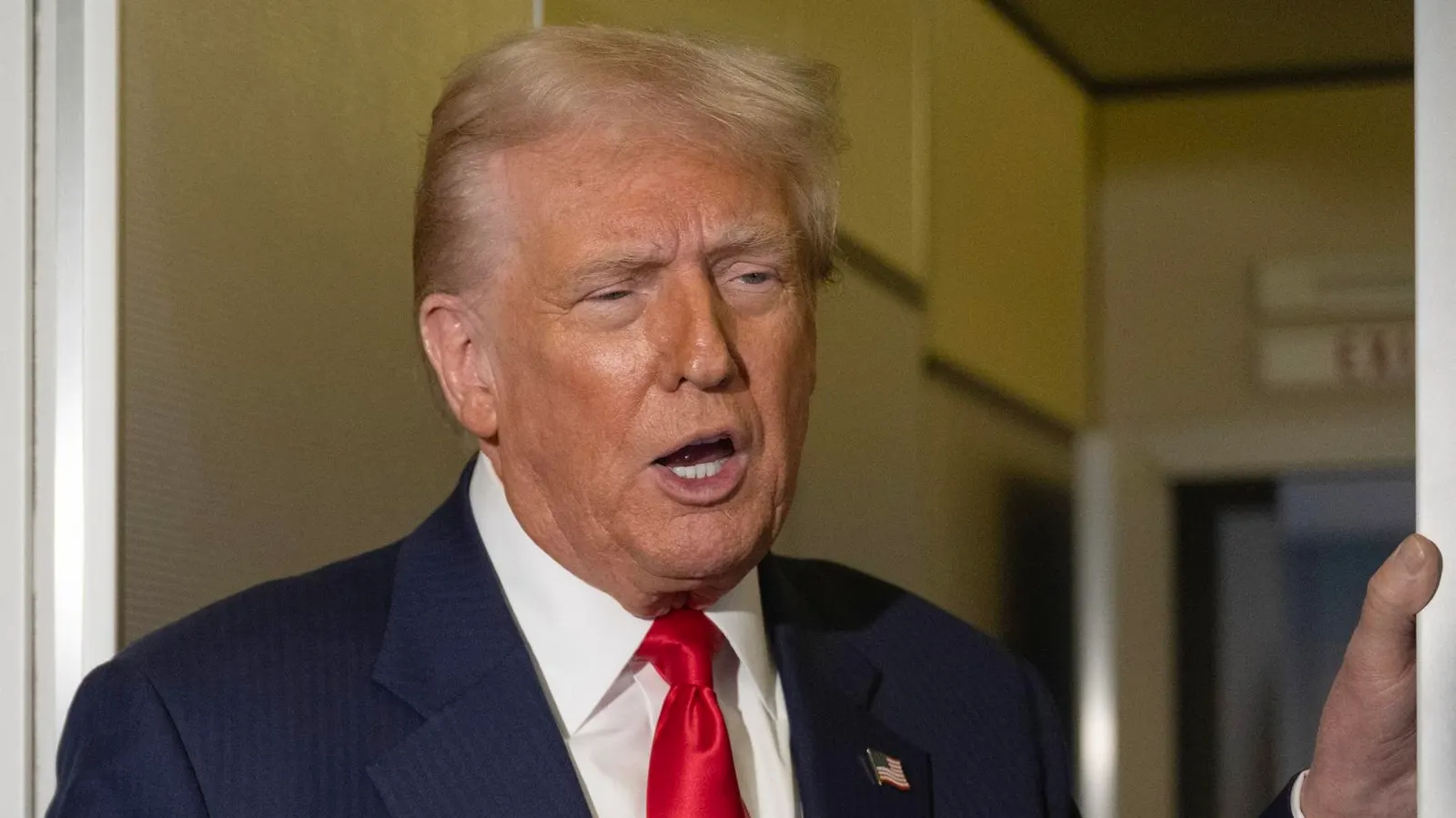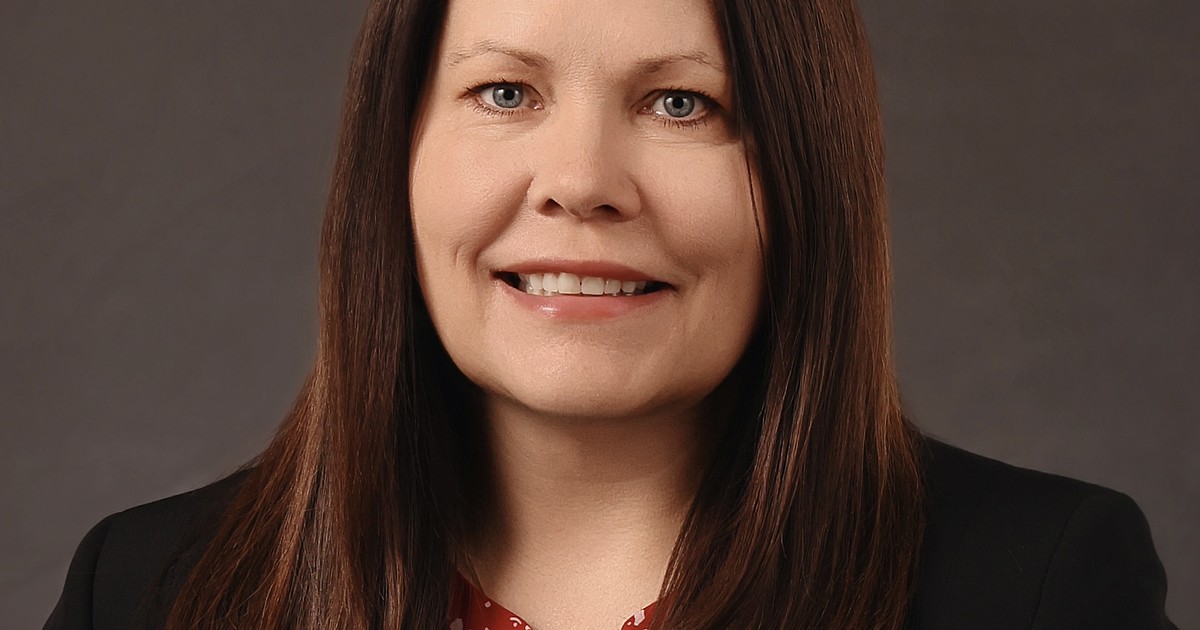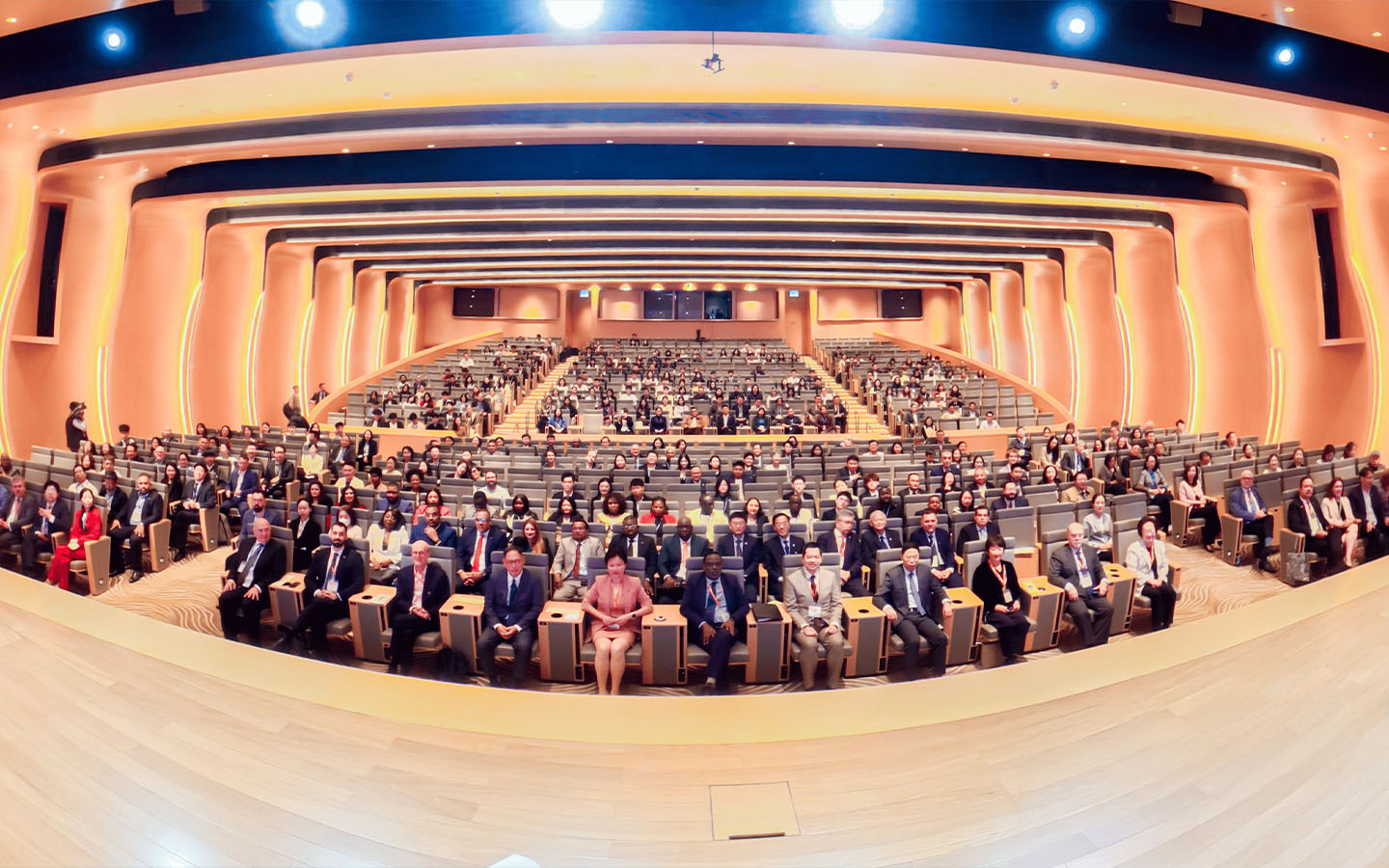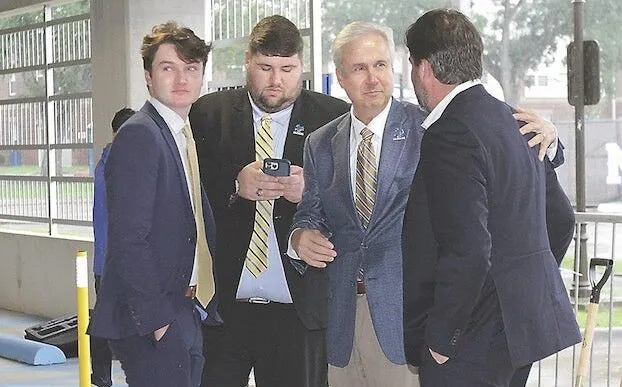Copyright forbes

US President Donald Trump speaks to the media aboard Air Force One as he returns to the United States on October 30, 2025. (Photo by ANDREW CABALLERO-REYNOLDS / AFP) (Photo by ANDREW CABALLERO-REYNOLDS/AFP via Getty Images) AFP via Getty Images The Department of Education published new rules on Friday that would roll back student loan forgiveness for public servants. If they are ultimately enacted, broad cohorts of borrowers could be affected. The new regulations target the Public Service Loan Forgiveness program. PSLF was created under President George W. Bush in 2007 to provide an incentive for graduates to take on lower-paying, high-need positions at nonprofit organizations and in government. The program offers student loan forgiveness to borrowers who commit to these careers for at least 10 years while making payments on their Direct federal student loans under authorized repayment plans. But the Trump administration has argued that PSLF as too generous, leaving taxpayers on the hook. In March, President Donald Trump issued an executive order calling on the Department of Education to draft new regulations cutting off eligibility for student loan forgiveness under the program for certain organizations. The department’s publication of the new rules in the Federal Register on Friday is the culmination of these efforts. Here’s what the new PSLF rules would do, and which borrowers would be most at risk of being denied student loan forgiveness. Student Loan Forgiveness Rollback For PSLF The Department of Education’s restrictions on student loan forgiveness under PSLF would target employers that engage in activities that have a “substantial illegal purpose.” “The Department of Education (Department) is committed to ensuring that taxpayer dollars are not used to support organizations engaged in unlawful activities,” said the department in a summary accompanying the publication of the rules in the Federal Register. “To uphold this principle, the Secretary will exclude organizations engaged in specific enumerated activities such that they have a substantial illegal purpose from being considered qualifying employers under the Public Service Loan Forgiveness (PSLF) program.” MORE FOR YOU The regulations outline several categories of activities that would be considered to have a “substantial illegal purpose.” These include “aiding and abetting violations of Federal immigration laws,” “supporting terrorism,” providing certain forms of gender-affirming medical care to transgender youth, “engaging in a pattern of aiding and abetting illegal discrimination,” and “engaging in a pattern of violating State laws.” Critics argue that the student loan forgiveness rollback under PSLF could essentially be weaponized by the Trump administration to target nonprofit groups, as well as state and city governments, that are ideologically opposed to the administration, even if they are not engaging in any illegal behavior. Groups that advocate for Americans who have student loans have also contended that the regulations are illegal, as Congress determined the eligibility criteria for PSLF and the Department of Education has no legal authority to redefine those criteria through regulations. “Making these broad, politically motivated changes to Public Service Loan Forgiveness (PSLF) eligibility is illegal," said Alexander Lundrigan, Higher Education Policy and Advocacy Manager at Young Invincibles, in a statement on Thursday. “The administration cannot unilaterally rewrite a program that was passed into law by Congress. This is a clear abuse of power meant to punish borrowers and obstruct necessary relief that has been guaranteed to nonprofit and public service employees since 2007. PSLF eligibility is defined by law, not political ideology. It is unacceptable to see an administration continue to weaponize loan forgiveness under the guise of morality, using borrowers working towards relief from crushing debt as political pawns.” Certain Borrowers Could Be Impacted By New Student Loan Forgiveness Rules The Trump administration’s PSLF rules wouldn’t target people who have student loans directly. Instead, the regulations target employers. If an employer is found to be engaging in “substantial illegal activity” as defined under the regulations, the entire organization could become ineligible for student loan forgiveness under PSLF, even if individual borrowers who work there have nothing to do with the targeted activity. While employers could appeal a determination that they are ineligible for PSLF, borrowers could not. “Although this may delay or prevent loan forgiveness for a subset of borrowers, the overall design of the regulations, including advance notice, transparency around determinations, and employer recertification pathways, help prevent unexpected or retroactive harm,” said the Department of Education in commentary accompanying the publication of the regulations. “These borrowers will retain the ability to pursue PSLF through eligible employment elsewhere, thereby preserving the program's intended purpose.” But advocacy organizations for student loan borrowers have argued that the Trump administration could weaponize the PSLF rules to target Democratic-led state and city governments that are deemed to be “sanctuary” jurisdictions, as well as academic institutions, certain healthcare organizations, and LGBTQ groups. “There is potential for a far-reaching impact from this rule change for higher education,” said The Institute for College Access and Success in a blog post published last summer. “The Administration previously has targeted 45 institutions of higher education, alleging that they are violating the Civil Rights Act. All employees of any of those institutions could lose PSLF eligibility if this regulation, as it is currently proposed, was used against them.” “In May, the Department of Homeland Security released a list of what it called ‘sanctuary jurisdictions’ that it believed were ‘defying federal immigration laws,’ continued TICAS. “Under the PSLF regulation proposed by the Department of Education, all employees of any of those jurisdictions could lose eligibility to get PSLF because the Department could determine that they are ‘aiding and abetting’ what the Department of Education (not the Department of Justice or Department of Homeland Security) feels is a violation of immigration laws. Notably, that determination would not be made by a court, but instead by the Secretary of the Department of Education.” The jurisdictions include large Democratic-led jurisdictions such as the state of California and New York City. The Center for LGBTQ Economic Advancement & Research (CLEAR) and CenterLink: The Community of LGBTQ Centers signed onto a letter submitted to the Department of Education in September arguing that the Trump administration will use the student loan forgiveness restrictions for PSLF “as a proxy for protected activity with which it ideologically disagrees, such as work advancing immigrants’ rights, transgender persons’ rights, racial equity and inclusion, and peaceful demonstrations.” What Happens Next For Student Loan Forgiveness And PSLF The Department of Education’s publication of the regulations limiting student loan forgiveness under PSLF is a critical step in making the new rules a reality. The rules needed to be published before November 1st in order for them to become effective by July 1, 2026. Importantly, the department confirmed that any determination that an employer is ineligible for PSLF would not result in the clawing back of any PSLF credit a borrower earned for their student loans prior to the determination. In the meantime, borrower advocacy groups, such as Democracy Forward and Protect Borrowers, have promised to sue the Trump administration to block the student loan forgiveness restrictions before any employer is denied eligibility. Editorial StandardsReprints & Permissions



